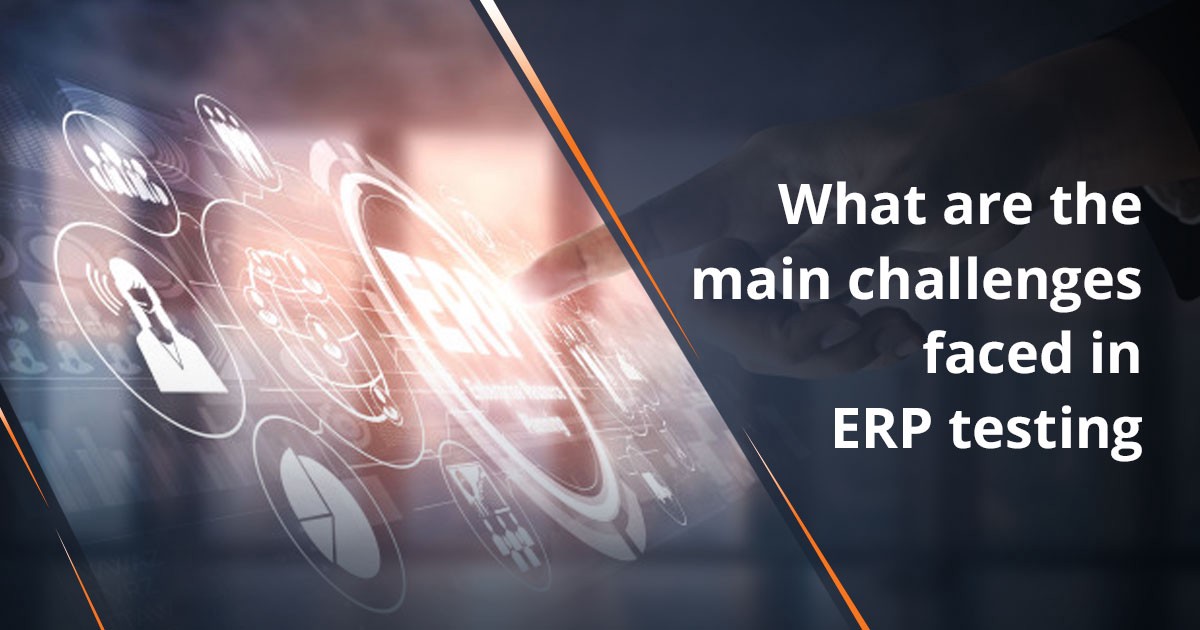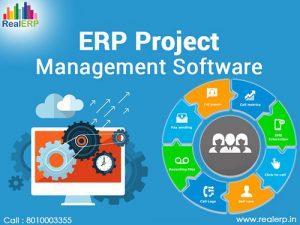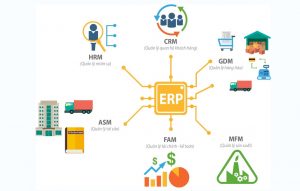ERP Testing Challenges – Many businesses begin an enterprise resource planning project intending to implement a “stock” solution with little or no customization. While this method decreases risk, it does not eliminate the necessity to test the system adequately. Even if the system is not customized, it is typically set up to map to highly linked and frequently complex business processes. Because each configured ERP application is unique, each system must be extensively tested before going live.
Testing is a critical component of successful implementation. The final responsibility for testing rests with the organization implementing the ERP system, not the ERP vendor. Because of the different hurdles, successful testing necessitates meticulous preparation and administration by a competent erp project manager.
This blog post addresses a handful and how to deal with them. Explore!
What is ERP Testing Challenges ?
During deployment, it is the process of verifying the functionality of your ERP software solution. ERP testing is a quality assurance (QA) technique to confirm that the erp system has been correctly implemented and is functioning before the full launch.
It is critical for the user to understand how and where data flows and the various sub-systems where data is saved. The most crucial part of ERP testing is this. To achieve good results, domain expertise is required.
ERP Testing Challenges
1: Allocating time for testing
A timetable supplied by the ERP vendor/system integrator describing the major implementation tasks and deadlines is often the launching point when planning an ERP deployment. This is typically a good starting point for planning. It will, however, naturally concentrate on the functions for which the vendor is accountable.
2: Knowing what to test
Since ERP is so broad, identifying and testing all crucial functionalities and business cases may be difficult. The need to test custom inventions is self-evident, but what else should be considered? How can you guarantee that your test scope is comprehensive while not consuming too many resources and manpower?
Unlock your vision with Connected IT Consulting!
3: Testing across functional areas
ERP Software distinguishes itself from other kinds of software because it is an integrated solution that affects many parts of a business. A configuration change in one functional area can have far-reaching implications in others. ERP-enabled business processes often span a wide range of potential domains. A significant challenge is ensuring that end-to-end processes are adequately tested.
4: Selecting the test team
It is frequently challenging to find people who can supervise and perform testing. On the one side, firm subject matter experts are best placed to assess if the new ERP meets expectations. In contrast, not all these employees will have the necessary expertise or time to test the new solution adequately. Furthermore, determining if a specialized testing manager is needed is frequently tricky.
5: Managing and tracking test results
Monitoring and managing relevant test results is frequently a significant challenge, mainly if the erp consultant or system integrator does not provide a solution to assist with this. Any device used for this purpose should be simple and allow several users to enter results simultaneously. It is also crucial to ensure that test reporting includes information about pass/fail rates.
Engage with a Connected IT Consulting professional today to speak about your requirements and initiate the process of a short erp project discussion tailored to your company.
Business Process Mapping
ERP Project Management
ERP consulting
Small Business ERP



